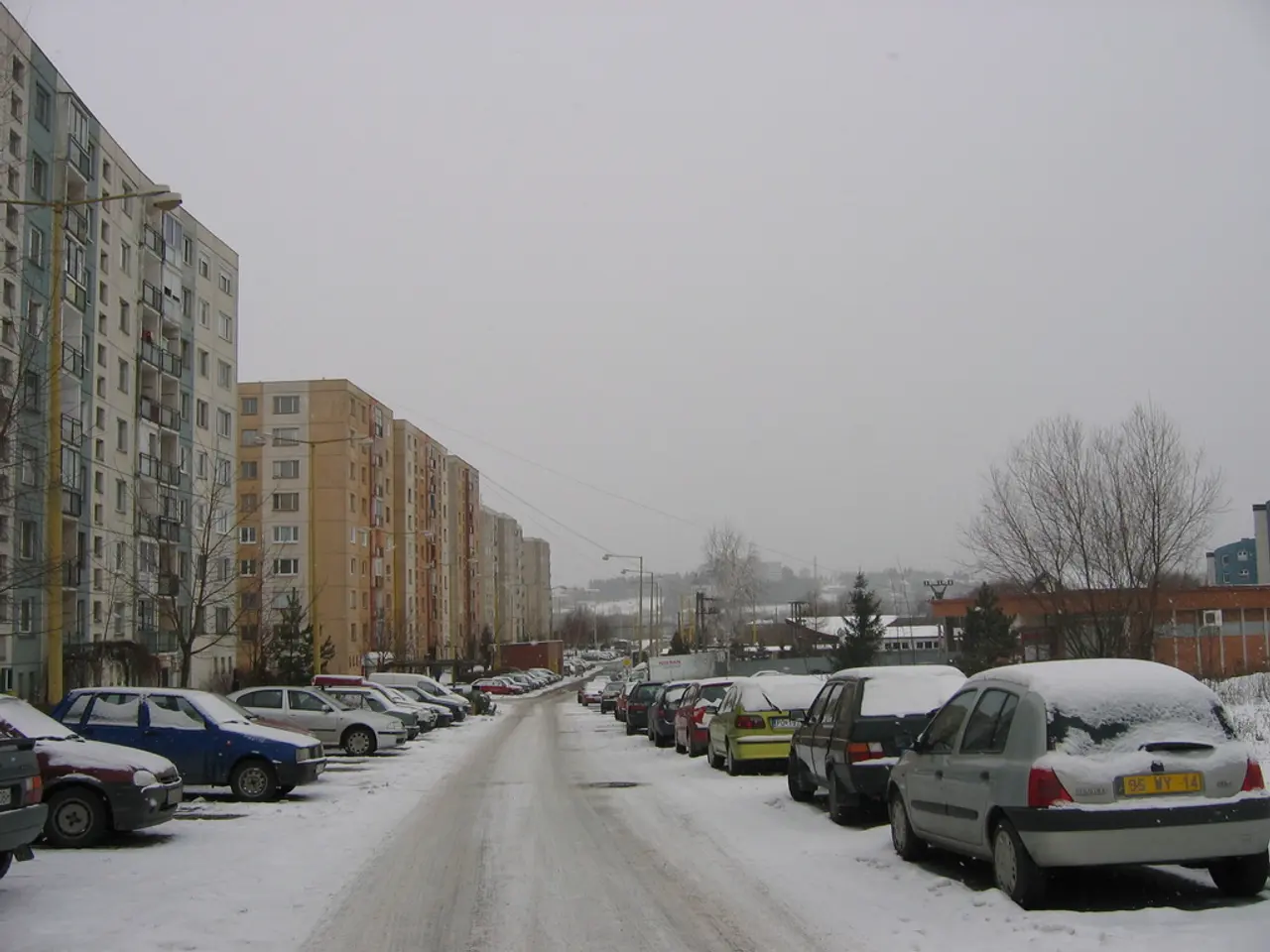Union Files Lawsuit Over Reduction in Winter Fuel Allowance
In a season of rising energy costs, the winter ahead presents a challenging landscape for many pensioners in the UK and Scotland. The ongoing dispute over the Winter Fuel Payment, a tax-free benefit worth up to £300, has become a significant point of contention.
While the Winter Fuel Payment is paid on a household basis, research suggests that an estimated 130,000 pensioners miss out on Pension Credit, a separate benefit worth around £3,900 a year, due to being just slightly over the annual income threshold. This has led to concerns about the financial strain on those affected, particularly as the government announced cuts to the Winter Fuel Payment in July.
The cuts mean that from this winter, pensioners will only receive the payment if they qualify for Pension Credit or another means-tested benefit. This has resulted in a surge of Pension Credit claims, with an estimated 880,000 households entitled to the benefit but yet to apply. However, more than half of the claims that have been processed so far for this period were rejected.
The dispute between the UK government and Unite, a major Labour donor, is not centered on a court case or formal legal proceeding but rather on an ongoing political and grassroots campaign. Unite has been actively campaigning to overturn the decision, calling for the payment to be restored without delay. The union alleges that the government's policy will lead to an increase in cold-related deaths this winter.
In Scotland, the situation is somewhat different. The Scottish government has announced a £41 million package of support for people struggling with energy costs this winter. This includes £20 million invested in the Warmer Homes Scotland Scheme to boost energy efficiency and save households around £300 per year in energy bills. Additionally, £20 million of the funding will go to the Scottish Welfare Fund for crisis support.
In a separate development, the Scottish government has announced that a universal payment will be reintroduced for Scottish pensioners in 2025. However, Scottish pensioners will still need to qualify for the Winter Fuel Payment under means testing in 2024.
The Chancellor, Rachel Reeves, has defended the decision to cut the payment, citing overspending from the previous government. Critics argue that the policy is unfair, as pensioners who just miss out on Pension Credit are not wealthy and rely on the fuel allowance to get through the colder months.
Energy prices are expected to surge 10% from October and increase further by 1.2% in January. To combat this, the Scottish government has also allocated £1 million to registered social landlords and partners to help sustain tenancies and prevent homelessness.
The political landscape surrounding the Winter Fuel Payment dispute reflects a complex interplay of economic considerations, social welfare, and grassroots activism. As the winter approaches, the focus remains on finding solutions to support those most vulnerable in the face of rising energy costs.
- Despite the ongoing dispute over the Winter Fuel Payment, a separate benefit called Pension Credit, worth around £3,900 annually, is often overlooked by an estimated 130,000 pensioners in the UK and Scotland, due to them being just slightly over the income threshold.
- As the government announced cuts to the Winter Fuel Payment in July, the union Unite has been actively campaigning to overturn this decision, alleging that the policy will lead to an increase in cold-related deaths this winter.
- In a separate announcement, the Scottish government has announced that in 2025, a universal payment will be reintroduced for Scottish pensioners, but for 2024, they will still need to qualify for the Winter Fuel Payment under means testing.





